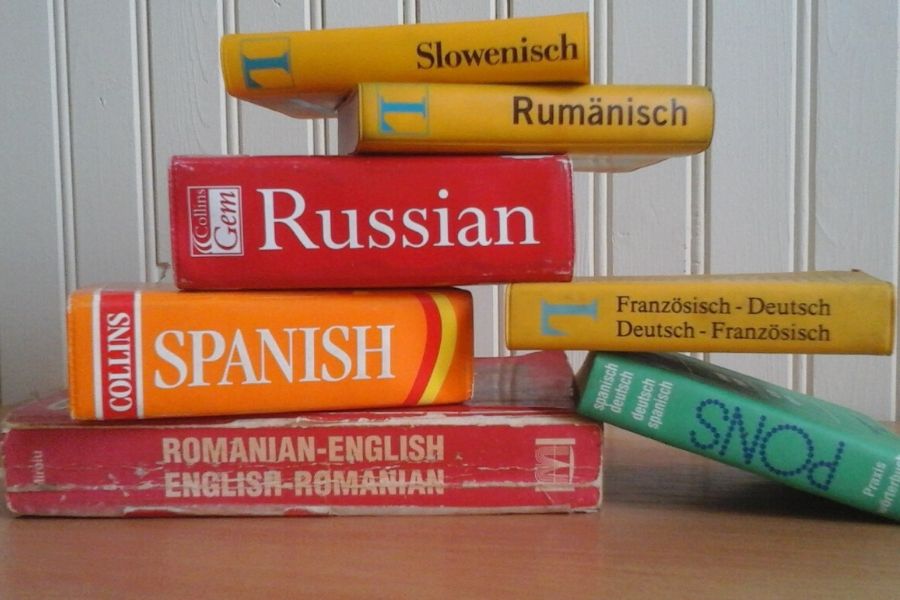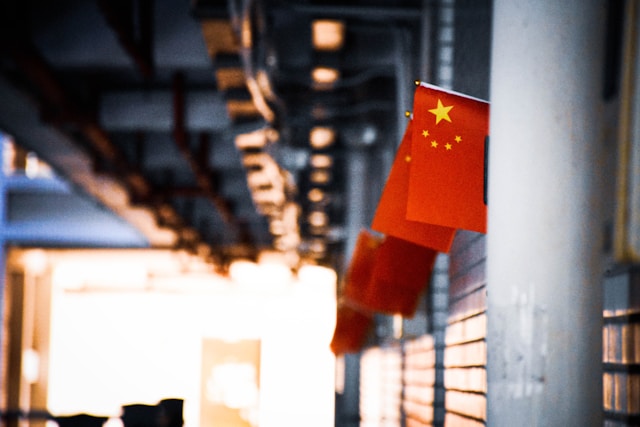
Foreign litigants are not allowed to use foreign languages in Chinese courts, but can request the court to provide an interpreter and/or translator to translate their language into Chinese.
Pursuant to the PRC Civil Procedure Law (CPL), the language and characters commonly used in China shall be used when Chinese courts hear a foreign-related civil case, but the litigants may request an interpreter and/or translation services at their own expense. In addition, if the interpreter and/or translator has a conflict of interest with the case, he/she shall withdraw from the case.
It is worth noting that in the ethnic areas of China, litigants have the right to use the local ethnic language during a lawsuit. For example, a Korean people can use Korean language to participate in litigations in the Korean National Minority inhabited region hugging North Korea since Korean language is not regarded as a foreign language in this region, but the common language of the Korean National Minority Group.
The “People's Judicature” (人民司法), a periodical of China’s Supreme People's Court (SPC), published an article entitled “Translation Problems in Foreign-related Commercial Trials”(涉外商事审判中的翻译问题)[1], which offers a glimpse of how Chinese judges deal with foreign litigants who are limited Chinese proficient.
This article tells the practice of the Yiwu Primary People’s Court of Zhejiang Province (“Yiwu Court”). It is co-authored by Judge Chen Chengjian(陈成建), Judge Sun Jianying(孙建英) and Judge Hu Lingyan(胡玲燕) from the Yiwu Court. Yiwu boasts China's largest small commodity wholesale market, which attracts a large number of foreign businessmen.
As of 2016, Yiwu Court has dealt with litigants from 47 countries and regions, who may speak English, Korean, Arabic and Russian. Some of them speak Urdu, Persian, and even Uzbek dialect.
Judges in Yiwu sometimes hire translators speaking the native language of the litigant. But an English translator is always the first choice as long as the litigant is able to speak English. Some judges will not arrange the court session until a suitable interpreter has been hired for the litigants, thus guaranteeing the foreign litigants’ right to participate in the proceedings.
Chinese courts have not laid down specific rules on the hiring of court interpreters. In Yiwu Court, interpreters are fetched through the relevant departments of the court or the introduction of the presiding judge. Sometimes the foreign litigant may look for an interpreter on his/her own, often relatives or friends. Since these people have a limited understanding of the law, their translation and interpreting were far from accurate.
The translation work in Yiwu Court mainly involves written documents, which accounts for about 70% of the workload. The remaining 30% is interpreting, mainly on occasions such as service of legal documents, court hearing and sentencing.
Translators and/or interpreters employed by Yiwu Court for each case may differ in performance, leading to a fluctuating translation quality of case hearing. A majority of translators produce high-quality written documents because they have enough time for research while the quality of interpretation is generally poor, as most interpreters are not familiar with laws and are unable to produce accurate interpretation on the spot.
With regard to interpretation, interpreters found it hard to translate sentence by sentence in most foreign-related commercial cases in Yiwu. A much more common practice is to summarize the contents and then translate the core points. Therefore, interpreters actually reprocessed what the litigants and the judge said. In some cases, a long speech of the litigants or of the judge may be compressed into only a few sentences, which is believed to cause significant loss of important information in the communication between the litigants and the judge.
For the translation of written documents, judges in Yiwu found that translations of foreign documents provided by the litigants — such as documents notarized and certified in foreign countries — were mostly translated outside China. Translators of these foreign documents are not proficient in Chinese, thus their Chinese translations are difficult to understand for Chinese judges. Judges have to hire translators in China and then interpret these documents by referring to the original foreign texts.
As for the expenses, translation of Chinese into a foreign language costs about 30% more than that of a foreign language into Chinese. In terms of the price of different languages, the price of English translation is the lowest. French, German, Korean, Japanese and Russian translation are 30% higher, Arabic and Southeast Asian languages are 50% higher, and other European languages are twice as expensive as English. Many litigants cannot afford the high translation fees, and judges resort to cheaper translators at the expense of translation quality.
Moreover, many foreign litigants speak a language different from the official language of their country of nationality. For example, there is a case where a Thai litigant living in Thailand but speaking only Japanese. The documents in Japanese made by the Chinese judges were rejected by the Thai authorities when they were delivered, and judges had to remake documents in both Thai and Japanese.
Judges in Yiwu also noted that Europe and the United States already set rules for court interpreting, and they hoped that such rules would be soon in place at Chinese courts.
Note:
[1]陈成建,孙建英,胡玲燕:涉外商事审判中的翻译问题——以浙江义乌法院的司法实践为样本[J].人民司法(应用),2017(07):54-58.
Contributors: Guodong Du 杜国栋 , Meng Yu 余萌








